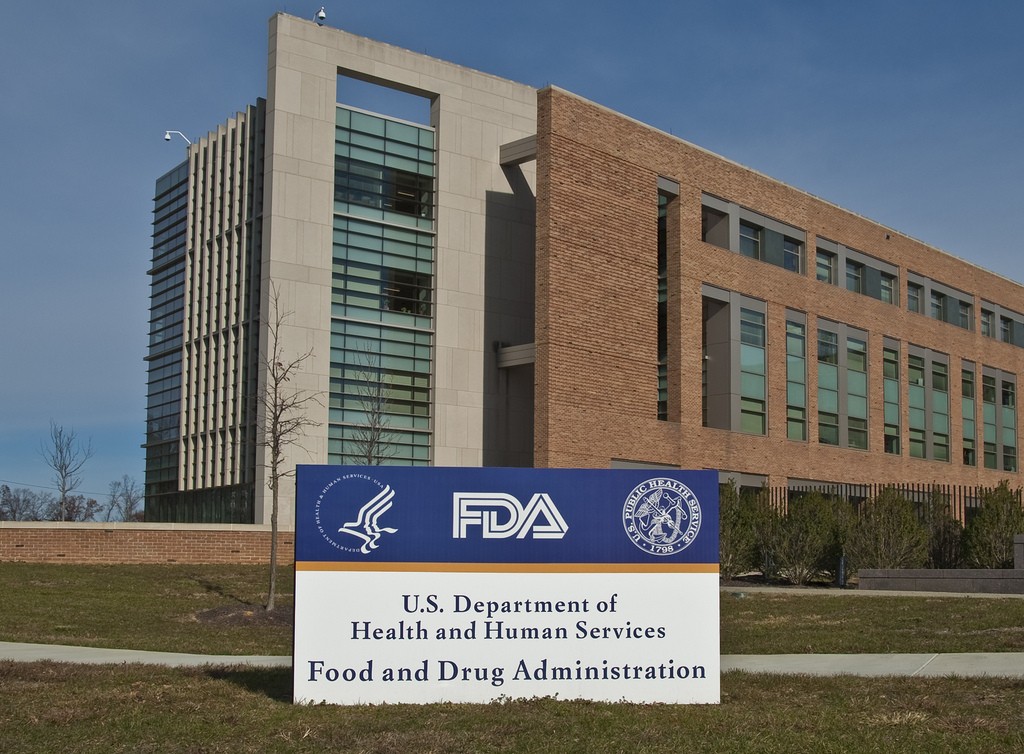Do you ever wonder about disease patterns and health equities concerning remote and marginalized communities? Most importantly, are you more concerned with the wellbeing of communities and populations than individuals and patients?
If yes, public health can open up numerous opportunities and professional roles to profoundly impact communities and large populations. Public health career paths attract students and medical professionals deeply concerned with community wellbeing and welfare. Professionals who desire to make groundbreaking strides in ensuring healthcare equity and equality find public health roles immensely rewarding.
The field of public health is vast and diversely wide-ranging. It opens up numerous professions and roles, such as designing vaccines, serving as public health physicians or nurses, or leading research initiatives. If you want to become a public health practitioner, you must define your career path and make choices.
Keep reading to learn more about planning your career as a public health practitioner.
Choose your Academic Pathway
You must choose an academic specialization to select your educational pathway and map out your journey. Specializations determine the correct academic route, laying down the educational requirements for your chosen career. Suppose you want to work as a community health worker or public health program coordinator. In that case, a bachelor’s program in public health will help you secure lucrative job opportunities.
Suppose you’re working as a community health program coordinator, aspiring for more authority over healthcare projects and resource allocation. In that case, consider pursuing an online MPH program from a reputable institution to advance within your department.
You won’t encounter many challenges combining an online program with your full-time job as a public health professional. And a master’s in public health program will enrich your skillset with in-depth knowledge of health risks concerning communities.
You can explore multiple specializations to steer your career towards your desired role, environmental health or public health leadership.
Professionals can expand their options and explore numerous public health fields with an MPH degree under their belt. For instance, you can explore concentrations like public health leadership, food protection against malnutrition, health risk assessment, pharmacoepidemiology, and more. Professionals can also venture into public health law or explore advocacy opportunities with international public health organizations.
Gaining Work Experience
It’s wise to combine work experience with your academic journey to avoid encountering roadblocks once you complete your MPH program. Public health professionals need to fulfill work hour requirements and gain real-world experience. Public health organizations do not hire inexperienced professionals, regardless of their academic credentials and achievements.
Epidemiology is the only career path that doesn’t demand work experience in the public health domain. Most public health jobs begin with internships, and professionals are hired after fulfilling their work experience requirements. Pharmaceutical corporations and research organizations train young epidemiologists with extensive on-the-job training.
The exact work experience requirements vary based on federal and state-mandated requirements. In contrast, public health nurse practitioners and physicians must gain work experience under the supervision of experienced healthcare providers. It’s wise to check the requirements for your chosen career path and work towards fulfilling them.
We strongly advised public health aspirants and professionals to prioritize internships and volunteer programs. Volunteering with international organizations serving local communities, such as the United Nations and World Health Organization (WHO), is a formidable strategy. Adding international organizations to your resume will work wonders at streamlining lucrative job offers.

Obtaining Licensure & Certification
The learning process never ends in the public health domain because this discipline thrives on empirical research and knowledge advancement. Public health professionals are responsible for informing medical practitioners of emerging risks, diseases, and innovations. They design treatments, medications, vaccines and lead research initiatives into health risks concerning communities to plan interventions.
If you’re aspiring for a rewarding public health career, prepare yourself for challenging licensure requirements and continual learning. The licensure requirements vary, depending on your chosen career path. For instance, public health nurse practitioners must clear national licensure examinations alongside complying with state-mandated rules.
The certification and licensure requirements depend entirely on your career choices. Suppose you’re building a career as a community public health leader or program coordinator. In that case, you don’t need to meet any licensure or certification requirements and must concentrate on your academic journey.
Finding your Calling
Public health opens up numerous doors to serve communities and large populations in impactful ways. It can prove overwhelmingly challenging for professionals to find their calling and settle on a career path. Many medical practitioners switch careers and dive into public health after serving the private sector like physicians and nurses. Suppose you wish to become a public health physician and devote your expertise to community wellbeing. In that case, you will need to clear the mandatory academic training, work experience, and licensure requirements.
Public health physicians, nurses, and medical practitioners deliver clinical care to individuals, families, and communities. They dedicate their time and resources to designing initiatives and interventions to eliminate chronic illnesses, viruses, and risk factors. Public health medical practitioners often devote their efforts to raising awareness on glaring health concerns like smoking or breast cancer screening.
If medical practice doesn’t appeal to you, public health opens numerous non-medical career paths focused on community wellbeing. Professionals can pursue public health research, education, biostatistics, health administration, environmental health, and mental health. Public health research offers enormous potential for analytical thinkers and problem-solvers to channel their cognitive prowess on investigating health risks.
It all boils down to exploring your options, expanding your horizons, finding your calling, and designing a game plan.
Final Thoughts
It’s wise to visualize yourself making an impact in the public health domain to explore your career options. Do you want to work closely with families and households in underserved communities? Or do you want to design community health interventions to equip families with the resources to fight against illnesses?
Public health doesn’t necessarily revolve around medical careers and physiological training. You can pursue a non-medical career, specializing in areas that align with your talents, interests, and skills. Suppose you’re interested in investigating the progression of mental health diseases across generations. In that case, public health can open up various specializations in mental health to make profoundly impactful contributions.
Learning more about public health and expanding your horizons will help you plan your journey effectively.
